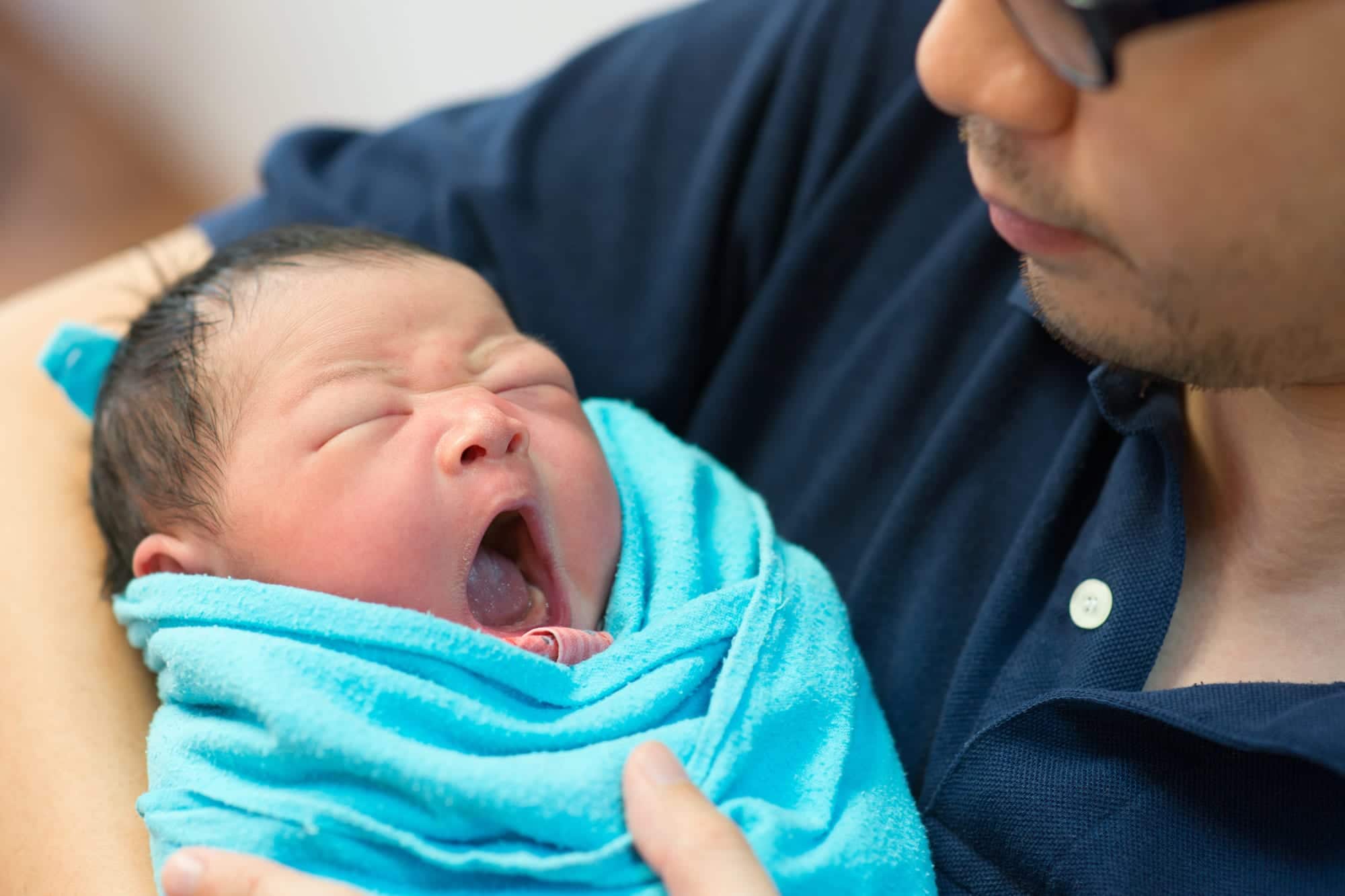

Think you’re ready to sign an Illinois Voluntary Acknowledgment of Paternity? If you’re not married and pregnant, establishing paternity for your child is more complicated than for a married couple giving birth.
When a child is born to a couple that is married, that child is automatically presumed to be a child of the marriage under Illinois law. This means that the mother’s spouse is presumed to be the child’s father, unless another individual is named and recognized as the biological father under Illinois law (typically by way of DNA testing.) Paternity laws have recently expanded to same-sex couples by case law in Illinois. This means if a child is born naturally to a woman who is married to another woman, the non-birth parent is presumed to be the child’s second parent since the child was born during the parties’ marriage.
However, when a child is born to an unwed mother there really isn’t a “presumed” parent. In such situations, some parents wish to legally acknowledge the child as their own upon his or her birth. If that child is born in Illinois, the parents have the option of signing a legal document called a “Voluntary Acknowledgement of Paternity” indicating such, at the hospital, after the birth.
Table of Contents
When a child is born to unwed individuals in Illinois, they can agree to sign a Voluntary Acknowledgment of Paternity or a “VAP.” The VAP is signed at the hospital shortly after the birth of the child by both the biological mother and father. Once signed, a voluntary acknowledgment of paternity is a binding agreement indicating that he fathered the newborn child and acknowledges paternity of the child.
Legally, the Voluntary Acknowledgement of Paternity document does the following:
A father’s signature on the VAP acknowledges that he is the biological father of the child and that he is consenting to his name being placed on the birth certificate.
The Voluntary Acknowledgment of Paternity also indicates on it that it is a binding legal document. When signed, witnessed and filed with Illinois Health and Family Services, the VAP is essentially the same as a court order determining the legal biological relationship between the father and child.
While clearly establishing a legal father-child relationship, the VAP makes it clear that it does not give parental responsibilities (formerly known as “legal custody”) or parenting time (formerly known as “visitation”) to the biological father. Signature of the VAP just gives the biological father the right to request parenting time and/or allocation of parental responsibilities for the minor child.
Either party may sign a “rescission of the Voluntary Acknowledgment of Paternity” form. The form has to be signed, witnessed and filed with HFS within 60 days from the effective date of the VAP, or the date of a proceeding relating to the minor child, whichever occurs earlier.
If the VAP is not rescinded, a VAP can only be challenged on the basis of fraud, duress, or material mistake of fact by filing a petition within two (2) years after the effective date of the VAP. The person who is challenging the VAP has the burden of proof and has to prove their burden by clear and convincing evidence. This may include a negative DNA test.
In the event that the person whom the birth mother believes to be the biological father does not sign the VAP at the hospital, there is another option. Either the mother or the biological father may file a “Petition for an Adjudication of Parentage” (and a DNA test may be requested by either party). The Court typically will order the DNA test. If the DNA test results confirm the child’s paternity the court will then enter an order of parentage.
Either a biological mother or a biological father can file a motion to establish parentage and request a DNA test. In some situations, if there is no cooperation to take the DNA test, the Court may enter an order of parentage regardless of a DNA test being completed, depending upon the circumstances.
Establishing paternity in Illinois can be complicated with lasting consequences for parents and children. Contact us today to speak with our experience family law attorneys when you need to know more about Illinois paternity law or if voluntary acknowledgment of paternity is right for you.